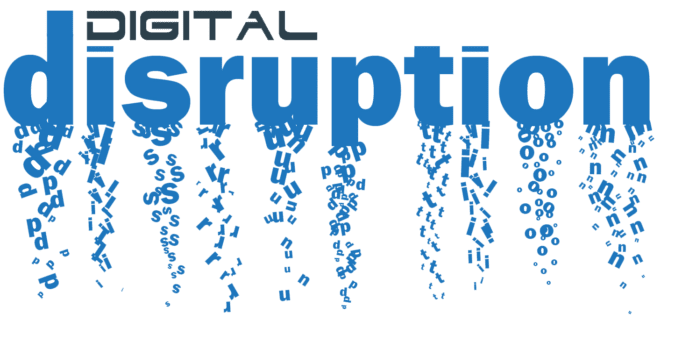In a classic episode of the television show “Yes Prime Minister”, the Civil Servant Humphrey Appleby explains the logic of British diplomacy saying:
“The Foreign Office is pro-Europe because it’s really anti-Europe. The civil service was united in its desire to make sure that the Common Market didn’t work. That’s why we went into it. Britain has had the same foreign policy objective for at least 500 years: to create a disunited Europe. In that cause we have fought with the Dutch against the Spanish, with the Germans against the French, French and Italians against the Germans, and the French against the Germans and Italians. Divide and rule, you see. Why should we change now, when it’s worked so well?”
These remarks are important for two reasons. First, when we think about disruption we often think about digital disruption, or how digital technologies cause upheaval and transform diplomats’ norms, practices, and working routines. Yet diplomacy can cause disruption even without digital technologies as demonstrated by Appelby. It is also important to remember that disruption can also stem from ideas, concepts, and metaphors. The concept of “statehood”, the metaphors of “Alliances” or the “Global Village”, all disrupted the practice of diplomacy leading to the creation of new diplomatic entities and new diplomatic practices.
Second, disruption is never limited to one domain, arena, or market. Disruption sends ripple effects that transform other domains. Consider the iPhone that not only disrupted the cell phone market but also transformed how we communicate, how we manage personal relationships and how we document or record our daily lives. This means that digital disruption in diplomacy is not limited to diplomacy, nor does it necessarily originate in the realm of diplomacy. Digital technologies which disrupt society send ripple effects which lead to changes in diplomacy. Similarly, diplomats’ use of digital technologies can result in societal disruption.
As such, to examine the disruptive nature of digital diplomacy is really to examine the relationship between diplomacy and society.
Consider for instance how digital technologies have disrupted news consumption. In the social media age, individuals want to learn about events in near-real time. No one waits for the evening newscast or tomorrow’s front page to learn about important events. Social media disrupted news production as it forced journalists to cover events as they unfolded. This phenomenon of “real time journalism” sent ripple effects through foreign ministries. For if they wanted to shape news coverage, diplomats also had to narrate events in near real-time. Thus, “Real Time Journalism” has led to “Real Time Diplomacy”.
This is a prime example of disruption as the practice of “Real Time Diplomacy is at odds with the routine practice of diplomacy which requires time. A relevant example took place a year ago when social media users reported that a Russian rocket aimed at Ukraine hit Poland. This was a major event as such an attack could ignite a war between Russia and NATO. Within a few minutes traditional news outlets began to tweet about the alleged rocket. Within 45 minutes of initial reports diplomats and world leaders also began tweeting about the Russian rocket.
But what they all did was buy time. Diplomats tweeted “we are aware of these reports, we are gathering information, and we are conferring with our allies”. This demonstrates how the digital disruption of society leads to new practices and norms amongst diplomats specifically, balancing between the need to comment on events in real-time and the need for time to gather intelligence and make informed decisions.
Another relevant example is the digital disruption of governments. In a digital world, governed by the metaphors of “networks” and “connectivity”, more and more government ministries face the world and collaborate with their foreign peers. Ministries of health, the environment, energy, and culture all engage with peers from other countries.
This digital disruption of governments means that foreign ministries have lost their monopoly over managing a state’s external affairs. To counterbalance this loss diplomats now communicate with their own citizens and demonstrate how diplomats contribute to national interests thereby safeguarding their remaining territory within governments. “Domestic Digital Diplomacy” has expanded and includes diplomats’ use of social media to narrate world events for their citizens, to rally domestic support for foreign policies and to shape how citizens view their nation and their nation’s role in the world.
The digital disruption of governments has sent ripple effects downwards to foreign ministries. But the practice of “Domestic Digital Diplomacy” is in itself disruptive and has sent ripple effects upwards to society. The reason being that diplomats are now powerful discursive agents. they engage with their citizens online; they shape citizens’ worldviews and impact citizens beliefs about a nation’s role in the world. In this sense diplomats have become like journalists, editors and opinion makers that have traditionally shaped public opinion.
To summarize, digital diplomacy is both the result of disruption and the cause of disruption. Tech-induced disruption of society trickles down and reshapes diplomats’ norms, values and working routines. But diplomats’ innovative use of digital technology trickles upwards disrupting and reshaping societies.













